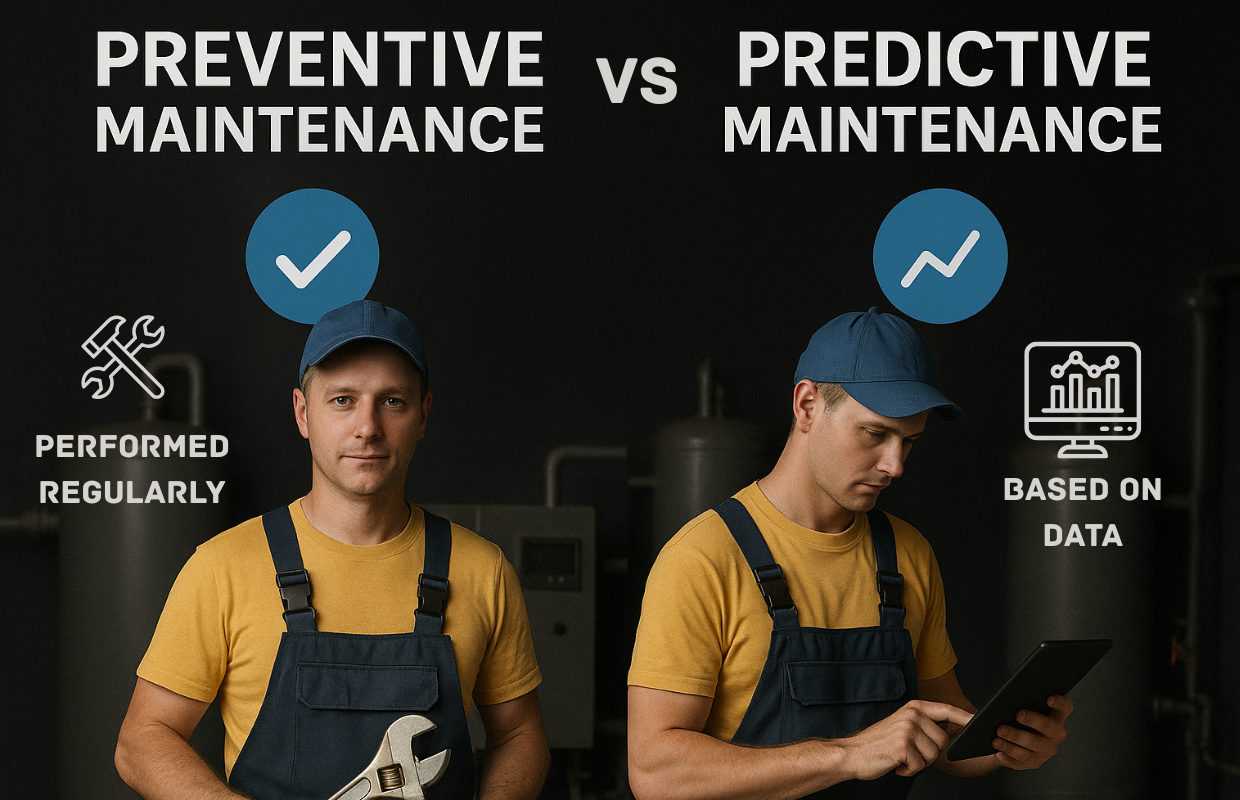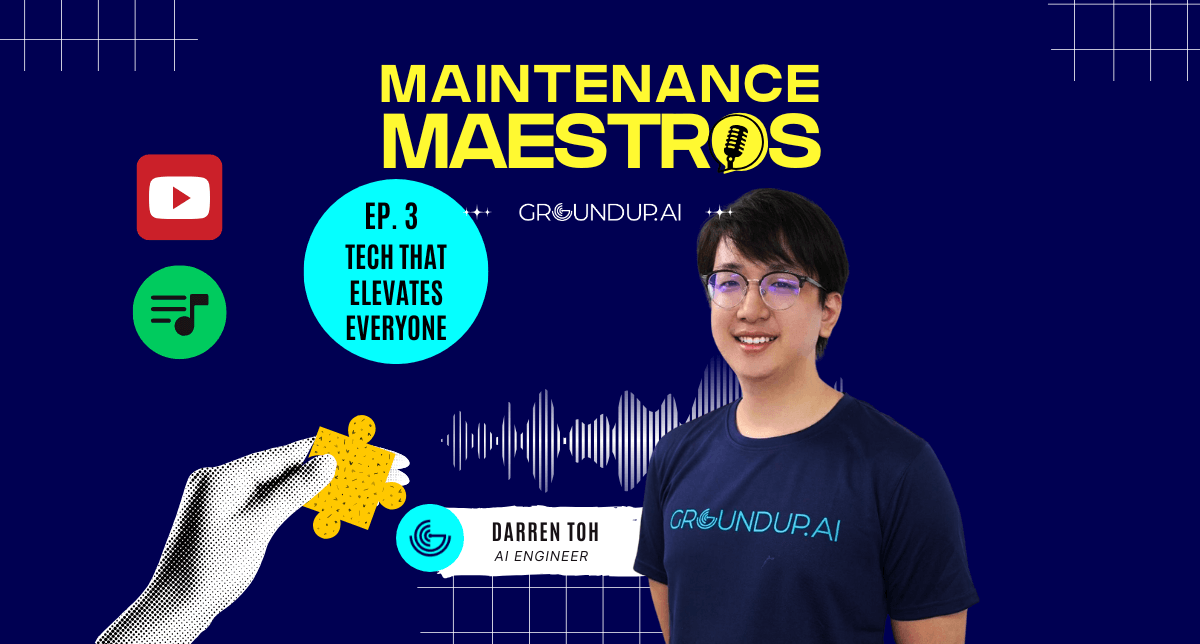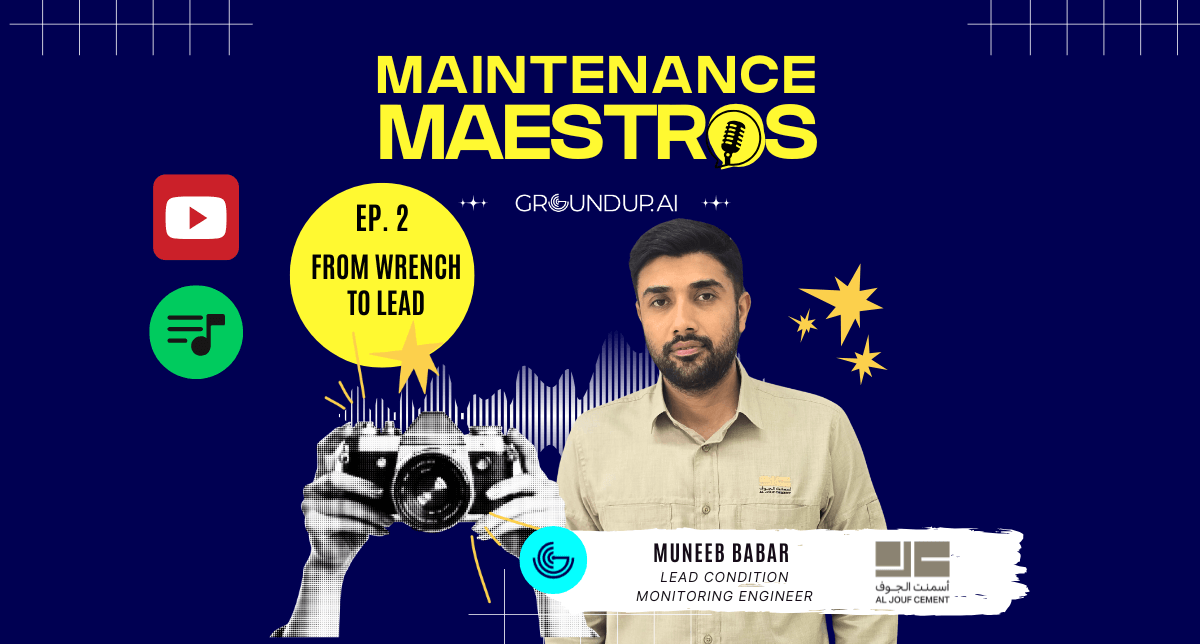What Is Preventive Maintenance?
Preventive maintenance means taking care of a machine before it has any problems. This is done on a regular schedule. For example, a worker may check the machine every week or every month. Even if the machine is working well, the worker still checks it. The idea is simple that fix small things early so big problems do not happen.
This type of maintenance is like going to the doctor for a health check even when you are feeling fine. The doctor may find a small problem and help you before it becomes serious. In the same way, preventive maintenance helps keep machines healthy by doing checks at set times.
When Is Preventive Maintenance Done?
Preventive maintenance is done after a fixed number of days or hours. For example, a machine may be checked every 30 days. Another machine may be checked after running for 100 hours. The checks happen based on time or use, not on the condition of the machine. It does not matter if the machine looks fine. It still gets checked on the scheduled day.
This helps workers plan their time. They know when to check the machine and what to look for. It also helps avoid sudden problems that can stop the work.
What Is Predictive Maintenance?
Predictive maintenance is a smarter way to take care of machines. The machine is checked only when it starts showing signs of a problem. The machine has sensors that collect information. These sensors can check the temperature, sound, speed, and other things. If something changes, the sensor sends a message to the computer.
The computer looks at the data and says, “Something is wrong.” It sends a warning to the worker. The worker checks the machine and fixes the problem before it becomes big problem. Predictive maintenance fix machines at the right time, not too early or too late.
How Is Predictive Maintenance Different?
Predictive maintenance does not follow a fixed time or schedule. It only happens when the machine needs it. This saves time and money. The machine is not opened or checked when it is already working well. It is checked only when the data shows that something might go wrong.
This method uses technology like sensors, smart software, and artificial intelligence. The system learns how the machine works and understands what is normal. If the machine acts differently then the system sends a signal. Then the worker knows it is time to check.
Example To Understand Both
Let us think about a car. You change the oil every three months, even if the car runs well with preventive maintenance. You do this because the schedule says it is time. This keeps the engine healthy. The car has a sensor that checks the oil with predictive maintenance. One day, the sensor says, “The oil is dirty now.” You change the oil only when it is needed. This saves oil and time.
Which Maintenance Method Is Better?
Both methods are good. Preventive maintenance is easy to use. You don’t need smart tools or software. You just follow the schedule. But sometimes, you may check a machine that doesn’t need any repair.
Predictive maintenance is smart and saves time. But it needs sensors and software. It also needs people who understand how to use the data. Some factories use both types together. They do regular checks and also use sensors to catch early warning signs.
Why Maintenance Is Important
Maintenance helps machines live longer. It stops sudden breakdowns. It keeps workers safe. It also helps the company save money. When machines work well, work does not stop. That means more products and more profit. Maintenance also gives peace of mind to the workers. They know that the machines will not stop suddenly or cause danger.
Final Thoughts
Preventive maintenance means checking machines on a fixed schedule, even if they look fine. Predictive maintenance means checking machines only when something looks wrong based on data from sensors.
Both methods help us stop big problems before they happen. Both keep machines working well and safely. In the end, the goal is the same to keep machines healthy, save money, and avoid surprise breakdowns.For more information, contact us!













